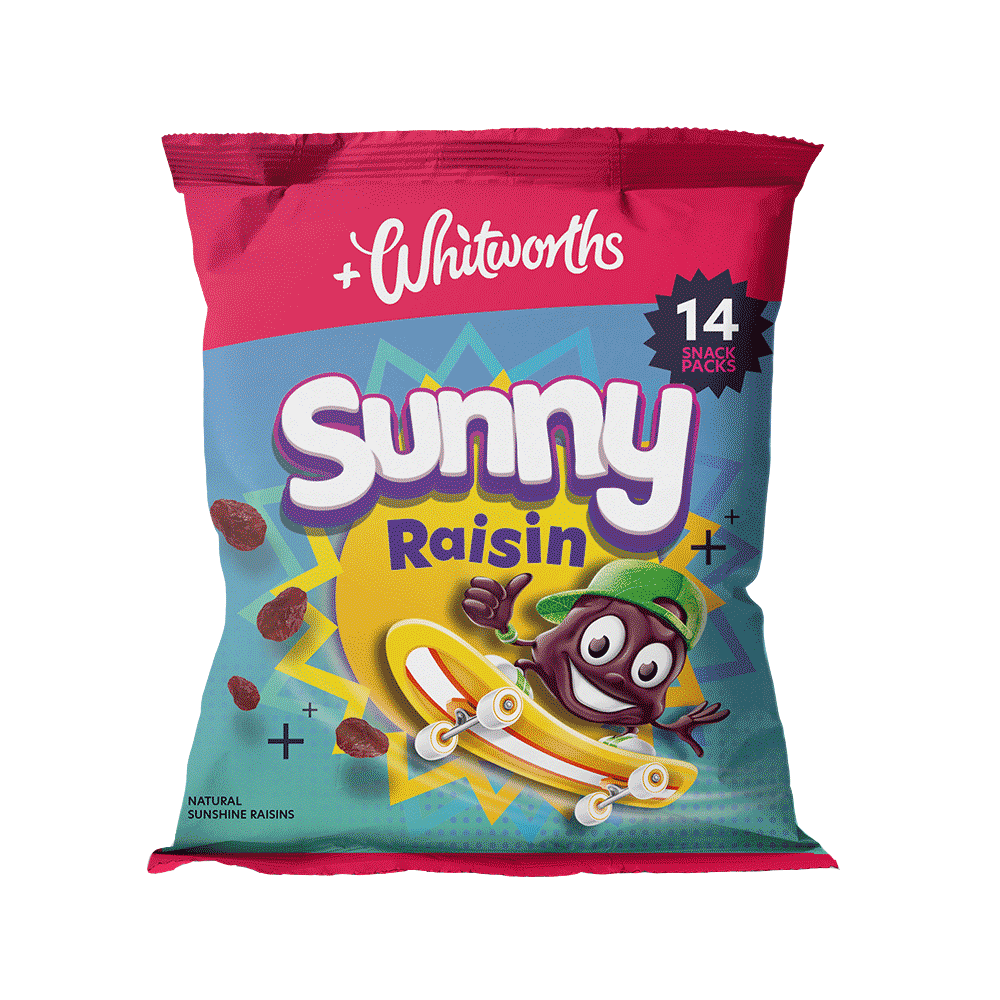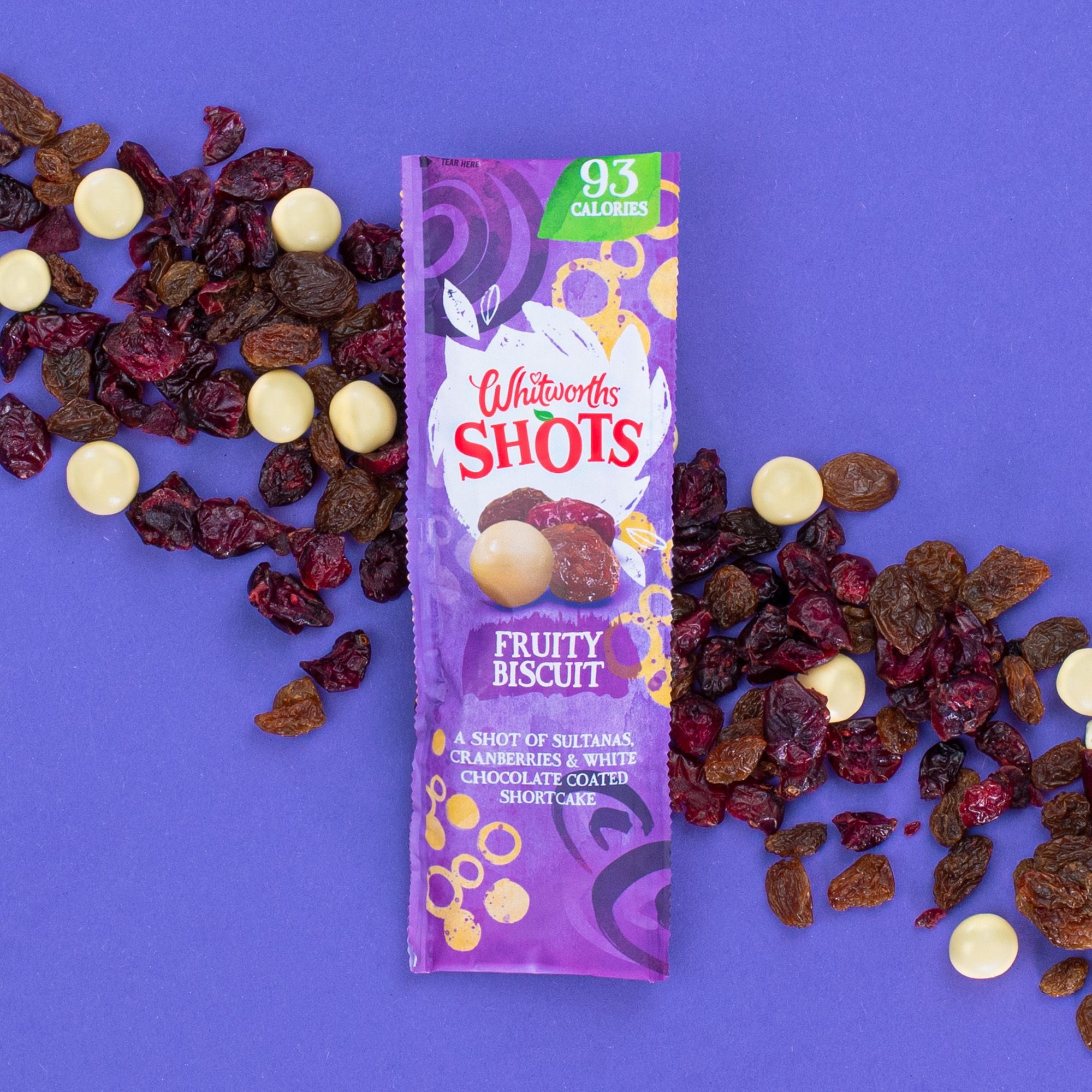Why Eating Nuts Makes You Healthier
We often like to speak about the health benefits of eating nuts, and they are often overlooked as nutrient-powerhouses, but this article was inspired by a recent short Zoe Podcast where there was some great discussion around the effect of eating nuts daily on our bodies. Keep reading to find out more about why eating nuts makes you healthier.
Some our favourite pieces of information from the podcast, Why Eating Nuts Makes You Healthier, According To Science:
I’ve heard Tim (Dr Tim Spector OBE FMedSci, British epidemiologist) describe the nut as a tree egg.
Jonathan Wolf – ZOE Science & Nutrition Podcast
Mixed nuts contain so many great nutrients. They contain fibre, they contain vitamin E, magnesium, selenium. Nuts are also very high in fat, but they’re particularly high in monounsaturated fats, which we know are the healthy type of fats. In particular, nuts can decrease our bad LDL cholesterol and they can also decrease our blood triglyceride concentrations. And this means that nuts might help to lower the risk of both heart disease and stroke.
Dr Sarah Berry – ZOE Science & Nutrition Podcast
How Many Nuts Should You Eat A Day?
Interestingly, on average our consumption of nuts and seeds in the UK is about six grams per day, which doesn’t sound like lots, but that’s because we have a lot of people that don’t consume nuts at all, and that also includes nut butters. To put that in perspective, one portion of nuts is around 30 grams, and that’s roughly a small handful of nuts.
Why Are Nuts High In Calories?
Although nuts are high in fat, it’s mainly healthier unsaturated fat. They contain protein, B vitamins, vitamin E and minerals, including iron, potassium, selenium, magnesium, zinc and copper, which is crucial for heart health.
Healthy mono- and poly-unsaturated fats – found in nuts, and other foods like seeds, avocado, olives and fish – can help improve cholesterol levels by decreasing ‘bad’ (LDL) cholesterol and increasing ‘good’ (HDL) cholesterol (1). In turn, this can help lower heart disease risk. Eating too much saturated fat, on the other hand, can increase the risk of heart disease.
Eating whole nuts is the best way to include nuts in your diet, especially if you eat them instead of other snacks like crisps or biscuits. Just make sure they are unsalted and don’t have coatings, which can add sugar, fat and sometimes salt.
Nuts Are Too High In Fat
You might think of nuts as unhealthy because of their fat content, but that’s not the whole picture. Nuts are a nutrient-rich food providing us with fibre, protein, vitamins, minerals and other micronutrients that could help reduce our risk of heart and circulatory diseases. Eating nuts and pulses as protein sources, rather than meat and dairy, has also been recommended as a way of eating that is more sustainable for our planet.
The bottom line is that the type of fat you eat is more important than the total amount. And for heart-health benefits, unsaturated fats win hands down. Aim to include a handful (30g) of nuts in your day, each day, as part of a balanced diet, for a healthy dose of mono- and poly-unsaturated fats!
Do We Absorb All Of The Calories In Nuts?
Nuts consist of millions of tiny cells, and these have cell walls, which is the fibre, and they have a really important structural role, and within these cell walls are, tiny fat globules. Now, if I very, very finely grind the nuts, I break down the cell walls, and the fat bursts out. But when you eat whole nuts, the matrix, so the structure of these cell walls remains intact. So the fat is remaining within the cell walls and it’s therefore not easily digestible.
And so, research has show that 30% fewer calories are absorbed from these whole nuts compared to what’s predicted based on the ingredients listed on the back of pack labelling, and this is true of nearly all nuts. From this research, it has consistently been found that the back of pack labelling information overestimates the calorie amount by about 30%.
How Important Is It To Eat Nuts?
To conclude, dried, chopped, made into a butter, or roasted over an open fire, nuts provide the nutrients our brains and bodies need in surprisingly high quantities – and thus should not be overlooked as the perfect snacking addition to our diets.
Having different types of nuts is great because whilst nearly all nuts contain a fantastic combination of healthy fats and ‘magic’ polyphenols, they do also differ slightly in some of their other attributes. So having mixed nuts is great. If you can change your typical snacks to nuts, you’ll likely see big improvements in your health.
If you’re interested in the topic of eating nuts for your health, the articles below could prove to be a useful read for you:








 Back to discover
Back to discover